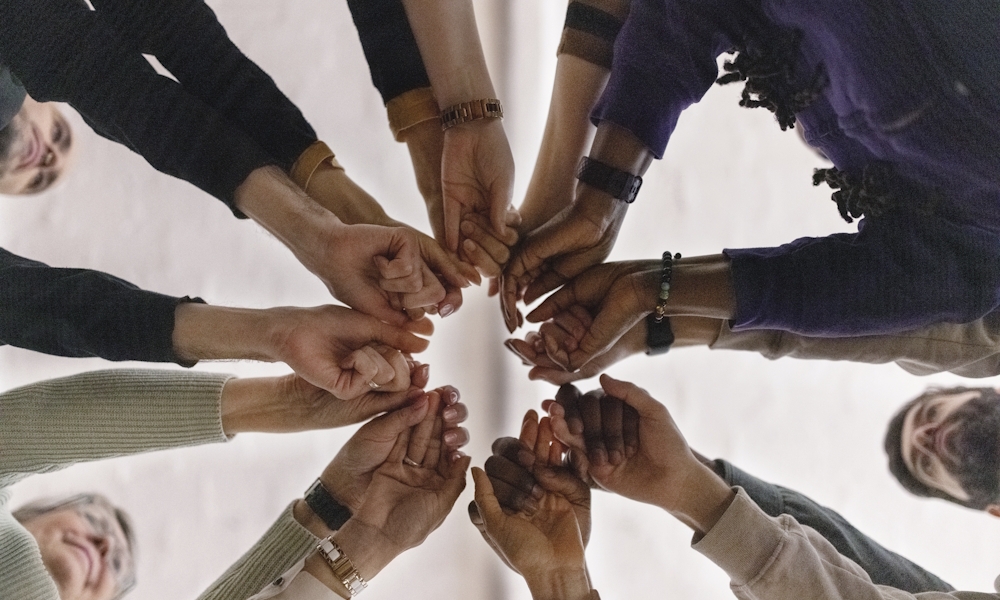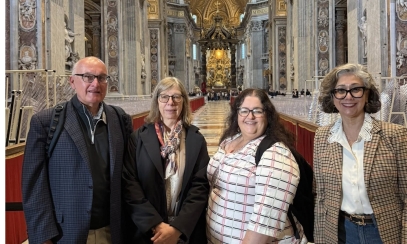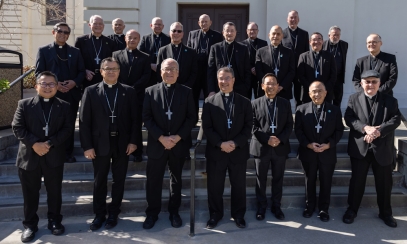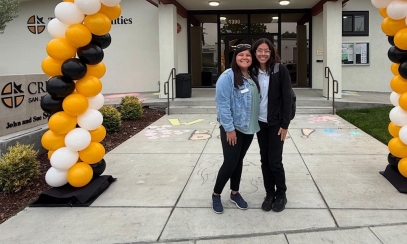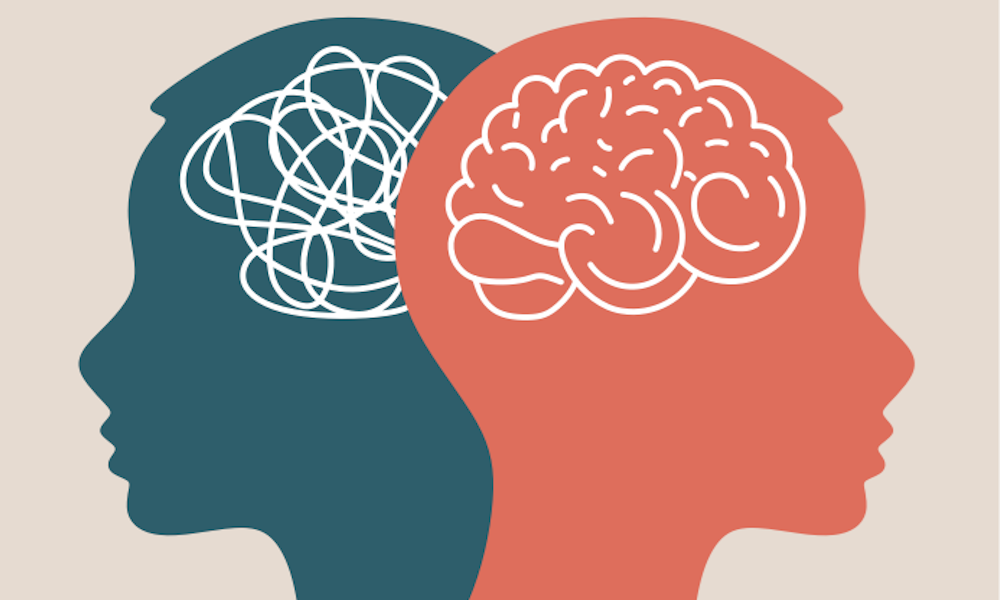
Healing the Mind and Soul
Father Samer Alsawalha on Breaking Mental Health Stigmas
Father Samer Alsawalha on Breaking Mental Health Stigmas
When Father Samer Alsawalha, chaplain of the Arab Catholic Community in San José, arrived in 2019, neither he nor the world could have anticipated that a global pandemic—and the mental health crisis that followed—was just around the corner.
When Father Samer Alsawalha, chaplain of the Arab Catholic Community in San José, arrived in 2019, neither he nor the world could have anticipated that a global pandemic—and the mental health crisis that followed—was just around the corner.
Sheltering in place during 2020 brought mental health awareness to the forefront of national concerns. Providentially, this aligned with Father Samer’s passion: the integration of mental health with faith. Originally from Jordan, having worked with youth and young adults, Father Samer’s priestly ministry has included working to destigmatize receiving psychological support.
During a recent talk at Our Lady of Peace Parish in Santa Clara, he asked participants, “What do you think of when you hear the term ‘mental health’?” The audience vocalized labels like ‘feeling crazy’ and ‘being unstable,’ as well as phrases such as ‘fight or flight,’ while others spoke of associating mental health with medication. Father then informed the audience that mental health is not something that belongs to someone with a diagnosed disorder; it belongs to all of us to take care of our psychological well-being alongside our spiritual lives.
The tone of the conversation tangibly shifted to one of personal reflection on the part of the whole group, which was precisely the point of his talk, as Father Samer reflected. “Originally, I was asked to talk about supporting loved ones with their mental health struggles. I ended up emphasizing that we cannot help others unless we help ourselves.”
Breaking free from mental health stigmas
As Father Samer sees it, “We are all human: we are spirit, mind and body. If we disregard any of these aspects of our humanity, it is going to impact our relationships with the other and with God.” Acting on his passion for mental health, Father Samer is pursuing his master's degree in counseling psychology at Santa Clara University and utilizing social media to destigmatize mental health support.
As his talk at Our Lady of Peace demonstrated, one way to do that is by breaking free from labels. He explained, “I'm trying to educate people, spread knowledge, and say that it is normal to feel this way: to have this struggle. Your suffering is not absurd. There is a meaning behind it, and there is something you can do about it.” In his videos, he discusses daily life challenges that everyone can relate to and the role of faith in mental wellness.
Integrating mental health and spirituality remains a key aspect of Father Samer’s ministry. He is quick to respect the need for science but also emphasizes the role of spirituality in mental health. “We must address the scientific part of it. Spirituality is not meant to replace medication or therapy itself. But for those who believe and have a strong relationship with God, they may find hope and a coping mechanism to address their struggle."
Everyone can benefit from mental health support, in Father’s experience. “To live this life, if we don't care about our mental health, then that will affect our relationship with God because when we lose hope in this life, we often lose sight in our relationship with God.” This underscores the connection between healing the mind and healing the soul.
‘My vocation is love’ and the journey back to Jordan
Father Samer’s journey to the priesthood began at a young age. “I was 14 when I entered the seminary. I read The Story of a Soul, the autobiography by Saint Therese, and she wrote, ‘My vocation is love.’ I reflected on it for a long time.” One event that changed his life came during his senior year, when an aunt, who had been like another mother figure, passed away from cancer. “She was very faithful. She loved life, and to be honest, her death changed me into a better person.” Pope John Paul II, who also spent his priesthood working in youth and young adult ministry, Father acknowledges, was another powerful influence on him.
Father described how his time as pastor of the Arab Catholic community in Silicon Valley has deepened his faith and strengthened his relationship with Christ. “Witnessing the resilience and devotion of this community has inspired me. Walking with them through their joys and struggles has taught me humility, patience, and the power of serving with love. It has helped me see the importance of compassion and vulnerability in healing, reflecting Christ's love for those who are brokenhearted. Addressing mental health challenges has taught me to lean on God for wisdom and strength, especially when walking with others through their struggles.” It is easy to see how a vocation of love means advocating for mental health awareness for Father Samer.
Noticing the stigma surrounding mental health while working with youth and young adults in Jordan profoundly shaped his vocation. He shared, “I have worked with youth for a long time. In the Middle East, unfortunately, we don't have many resources for people.” The World Health Organization identifies a shortage of mental health professionals in Jordan. With only 92 serving the entire population, the country has fewer than one psychiatrist per 100,000 people – far below the global average.
Father Samer, aware of this startling statistic, views it as a call to action. After finishing his studies, he hopes to take what he has learned back to Jordan. "My hope is to work with the Patriarchate to open a clinic or Christian counseling center through the diocese in Jordan to help people.” Such an endeavor would be an entirely new type of outreach for the Church in the Middle East. The responses he has received from his videos have confirmed for him that this ministry cannot come soon enough. “People are hearing about mental health being a normal thing now, and they are surprised. ‘Oh, it’s a priest talking about these things?’ It is very new and eye-opening to them. But I believe the message is getting through, slowly.” In a world that often separates faith and psychology, Father Samer’s message is clear: caring for mental health is not a sign of weakness—it’s an act of love for ourselves and for others.
Father Samer is the chaplain of the Arab Catholic Community in San José.

